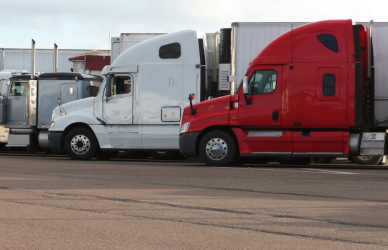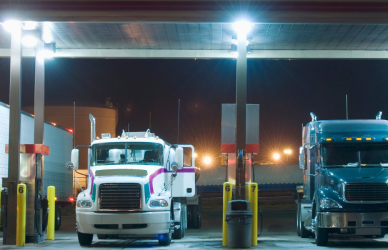RoadFlex, a provider of fleet expense management and fuel card solutions, has introduced two innovative features to its multi-layered security platform, aiming to take a proactive stance against fuel fraud.
One of these features is RoadFlex’s fuel risk management solution, which leverages vehicle location data and mobile driver authentication to ensure that fueling activities are conducted by authorized personnel on the correct vehicles. The newly launched Vehicle Fuel Analysis program further enhances this capability by analyzing transaction data to generate virtual vehicle spending profiles based on individual tractor usage. This real-time contextualization of fleet transactions allows for the prediction of vehicle needs, identification of potential risks, and understanding of maximum transaction risk levels for specific vehicles and drivers. The system triggers an alert for fleet managers if a vehicle refuels with an unusually low mileage between consecutive fueling sessions, indicating a potential anomaly.
Additionally, RoadFlex has introduced a Fuel Risk Analysis Reporting feature, which actively monitors fuel-related risks and preemptively blocks suspicious activities. Rush Akin, RoadFlex’s chief revenue officer, emphasized the effectiveness of these advancements in combating fuel fraud and minimizing fuel loss.
“Now, with our new features, we’ll let you know who and where it could have happened so that you pay more attention in the future in places that tend to be overlooked for fraud,” he said.
RoadFlex’s platform can significantly reduce fuel fraud and associated losses, offering a comprehensive solution to fleet management challenges.
“Fraud can slip through the cracks and go undetected,” he said. “Most fleet operators assume 5 to 10 percent of their fuel spend is fraudulent, and that has been in their budget year after year. From a fuel risk management perspective, we are telling them they don’t have to spend $1 million in fuel fraud when they could be spending that money in a better way.”
Source: Commercial Carrier Journal











